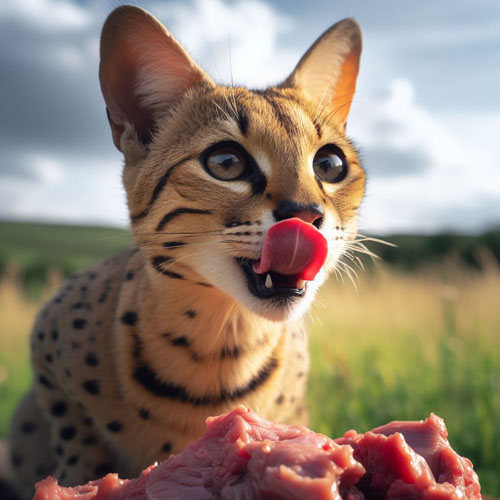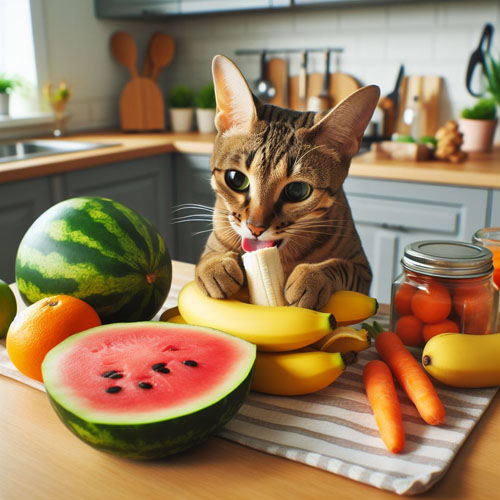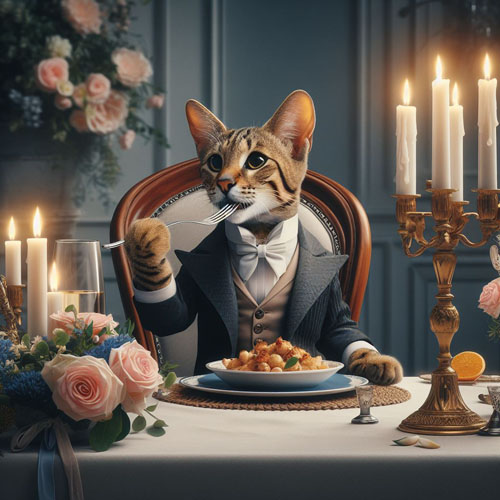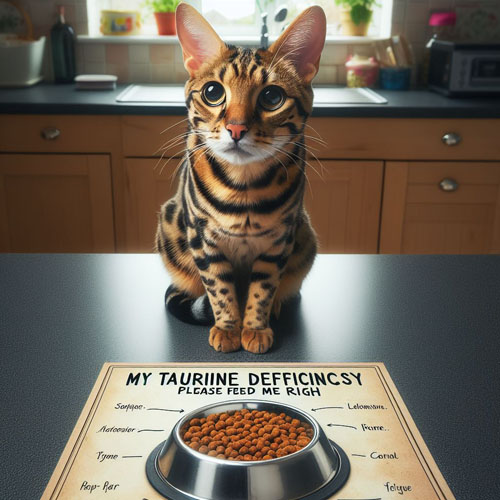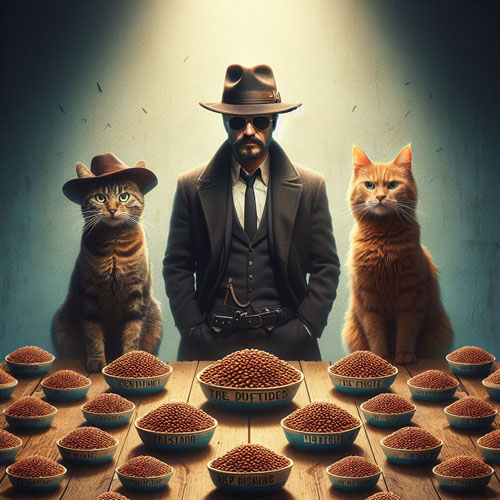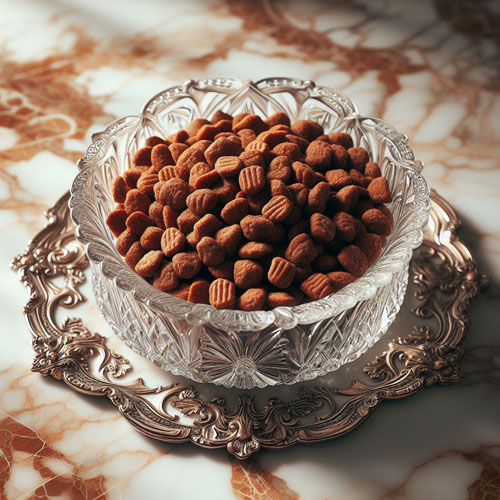A Guide to Senior Cat Nutrition
Nurturing Wisdom and Wellness: A Guide to Senior Cat Nutrition
As our feline companions gracefully age, their nutritional needs evolve, requiring thoughtful adjustments to their diets. Senior cat nutrition plays a pivotal role in ensuring that aging felines thrive during their golden years. In this comprehensive guide, we’ll explore the nuances of adapting diets for aging cats, addressing key considerations, common challenges, and the significance of tailored nutrition.
Understanding the Aging Process in Cats: Senior cats, typically those aged seven and older, undergo physiological changes that impact their nutritional requirements. Slower metabolism, decreased muscle mass, and changes in digestion are common aspects of the aging process. Recognizing these shifts is crucial for providing senior cats with diets that support their changing needs.
Key Nutritional Considerations for Senior Cats:
- Protein Requirements: Senior cats often benefit from diets with increased protein content to preserve muscle mass. High-quality protein sources aid in maintaining their overall health and vitality.
- Joint Health: Addressing joint health becomes imperative in senior cats. Diets enriched with omega-3 fatty acids and glucosamine support joint function, alleviating stiffness and discomfort.
- Digestive Health: Aging cats may experience changes in digestion. Diets with easily digestible proteins and fibers promote gastrointestinal health, preventing common senior cat issues like constipation.
- Hydration: Senior cats may become less inclined to drink water, making hydration a key concern. Wet cat food, with its higher moisture content, becomes essential to prevent dehydration and support kidney function.
- Caloric Adjustment: As metabolism slows down, caloric intake should be adjusted to prevent weight gain. However, maintaining a healthy weight is crucial to avoid issues like diabetes and arthritis.
Common Challenges in Senior Cat Nutrition: Several challenges arise in providing optimal nutrition for senior cats. Dental issues, diminished appetite, and specific health conditions necessitate careful dietary choices. Cats with dental problems may benefit from softer food or dental-specific diets. Encouraging appetites in aging cats may involve incorporating more palatable options or smaller, more frequent meals. Senior cats with medical conditions like kidney disease or diabetes require specialized diets tailored to their unique health requirements.
The Role of Veterinarians in Senior Cat Nutrition: The role of veterinarians in feline senior cat nutrition is paramount in ensuring the well-being of aging feline companions. Veterinarians possess the expertise to assess the individual health needs of senior cats, taking into account factors such as metabolism changes, dental issues, and specific medical conditions. Regular check-ups, thorough examinations, and blood tests enable veterinarians to tailor nutrition plans that address the unique requirements of senior cats. Their guidance becomes particularly crucial in crafting diets that support joint health, mitigate dental problems, and accommodate any age-related changes in digestion. As advocates for feline health, veterinarians play a pivotal role in navigating the complexities of senior cat nutrition, offering owners invaluable insights and recommendations to enhance the overall quality of life for their aging feline companions.
The Significance of Antioxidants in Senior Cat Diets: In the realm of feline senior cat diets, the significance of antioxidants cannot be overstated. As cats age, their bodies become more susceptible to the effects of oxidative stress, which contributes to the aging process and the development of various health issues. Antioxidants, such as vitamins E and C, play a pivotal role in neutralizing free radicals, reducing inflammation, and supporting the immune system. By incorporating antioxidant-rich elements into senior cat diets, owners can contribute to the overall well-being of their aging feline companions. These compounds not only aid in combating the effects of aging but also provide vital support against environmental stressors, ensuring that senior cats maintain a higher quality of life and vitality in their golden years.
Conclusion: In the journey of caring for our senior feline friends, adapting their diets to meet their changing nutritional needs is an expression of love and commitment. With a nuanced understanding of the aging process, key considerations, and the expert guidance of veterinarians, we can ensure that our senior cats not only age gracefully but also enjoy a quality of life that reflects the warmth they’ve brought into our homes. Senior cat nutrition is a holistic approach to nurturing their wisdom and wellness, ensuring that each purr and nuzzle is met with the tailored care they deserve.
Keywords: senior cat nutrition, aging felines, nutritional considerations, joint health, digestive health, hydration, caloric adjustment, common challenges, veterinary guidance, antioxidants.
